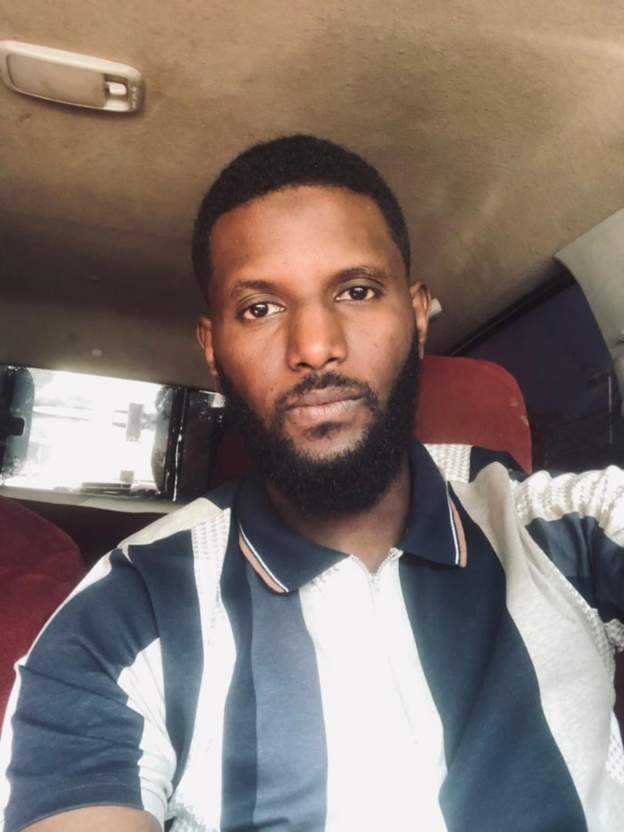Aid agencies are warning that a humanitarian disaster is unfolding across Sudan following nearly two weeks of fighting between the country’s army and the powerful Rapid Support Forces paramilitary group.
“We don’t have food, We don’t have any pharmacies. We don’t have anything, so we go to another area to bring food or water,” 30-year-old Bashir Hassan tells me over the phone.
He has become a lifeline for his family and community in Bahri, north of the capital Khartoum. Together with other men in the area, he drives to the River Nile every day to collect huge buckets filled with water that he distributes.
“We don’t have water for like 15 days now since the beginning of the war. No water. I go to the Nile to bring water and come back.”
He tells me that even though the media has been filled with stories about people leaving the country – both foreigners and Sudanese themselves – the majority of people are staying in their homes or going to safer parts of the country.
On Friday, the UN’s refugee agency warned that ‘the conflict is having a devastating impact on the civilian population, including refugees and internally displaced people across the country”.
Fuel scarcity means Bashir is struggling to make his trips to collect water. On Friday morning he bought two plastic bottles with fuel – they cost him 40,000 Sudanese pounds ($67; £53).
Before the war they would have cost him 10 times less: 4,000 Sudanese pounds.
But, he says, “anything else is not important like water. No water, no life.”
